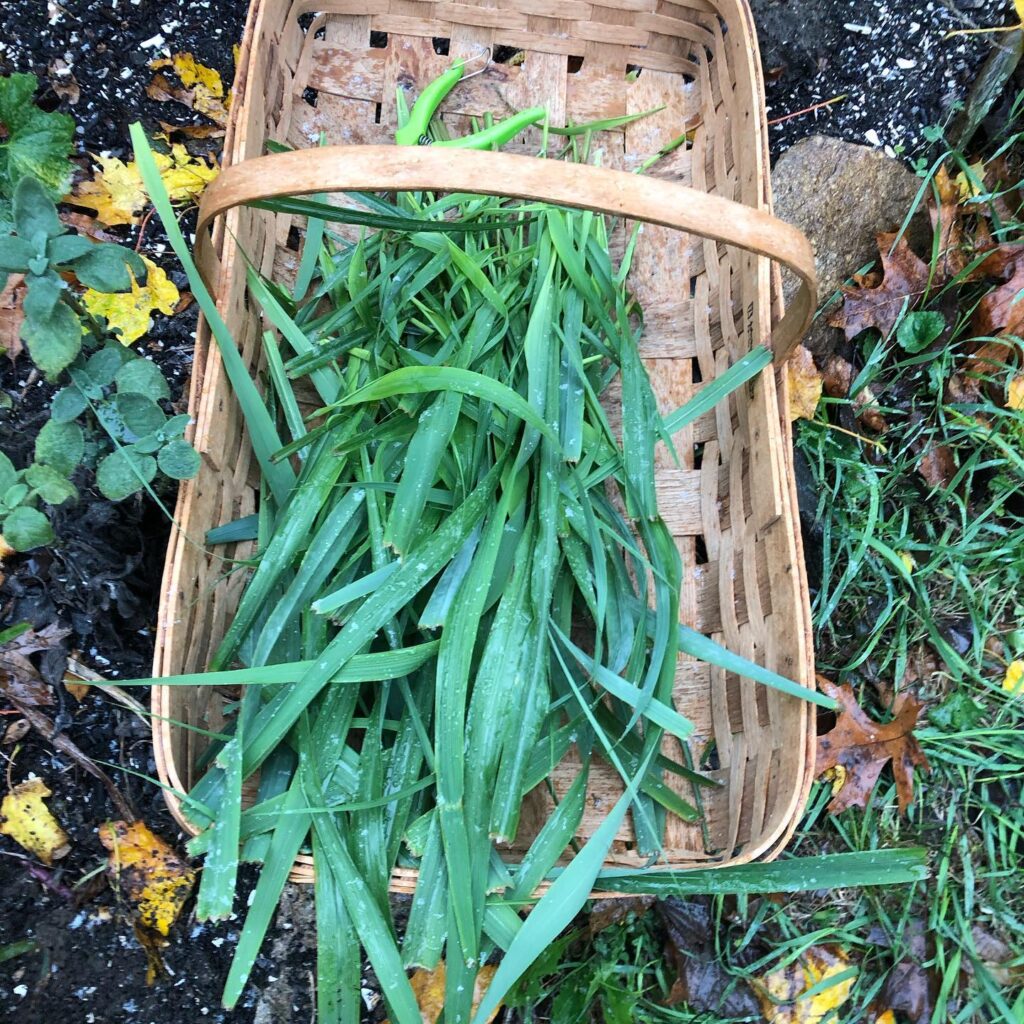
Motif writer Caitlin Howle recently sat down with Susan Clements, who owns Earth and Ocean in Narragansett Bay. Susan is an herbalist who coaches her clients how to work with herbs, and the world around them, for everything from better health to food and skincare.
Caitlin Howle (Motif): What is an herbalist, and what do they do?
Susan Clements: Simply, an herbalist is someone who works with herbs. They could be a community herbalist who supports those people searching for wellness; a person who formulates products; a forager collecting for food, medicine or making skin care; an herb grower, educator, someone who owns an herb store and helps a consumer find their way, or a caregiver within the family unit.
CH: What about your journey? How did you come about herbalism, and what inspired you to continue your study/practice?
SC: As a child I was drawn to wild plants. In the fascination, I would dig them up, put them in pots and bring them around to my neighbors. The interest never waned, and in my 20s I began observing, recording and learning about wild plants. I kept a notebook of everything I found, identifying the plant, its growing environment, time of peak bloom. Initially, I didn’t realize they held medicinal or edible properties. However, in 1987, I fell upon a week-long program at the Omega Institute in NY. It was sheer magic, bringing together a long-time interest in wild plants, and years of volunteering in women’s wellness clinics (my dream back then was to become a lay midwife). In 1988, I like to think that Divine intervention stepped in. I was led to a friendship with Katherine Wheeler, who at the time had recently opened The Grateful Heart in Wickford, RI, and she presented me with an opportunity to rent a room, opening the first herb store in RI, The Herb Wyfe.
CH: What are the benefits of herbalism?
SC: So many! It supports a person to become an active participant in their wellness. The connection to the earth, nature, the cycle of seasons is deepened. Herbs can be a catalyst to open doors and bring us to experiences and connections that are profoundly life changing. Additionally, Herbalism is not only healing on a physical level, but also on a soul level. Yes, plants have chemical compounds that affect change, but they also carry a vibrational aspect that can shift the body to a higher place.
CH: Can you tell me about herbalism and the practice in Rhode Island?
SC: Herbalism has grown tremendously in RI over the years. When I began here back in late ‘80s, it was considered very fringe. It really wasn’t until the ‘90s when attitudes began to change. Rosemary Gladstar, an internationally known herbalist, moved to New England from California in the late ‘80s, beginning a movement of awareness and acceptance. I was fortunate to both study with her in 1990 and be mentored by her for about 8 years. She frequently came to do lectures that I sponsored here in RI, fostering a local movement. Today in RI herbalism is no longer fringe! There are outstanding herbalists as practitioners in clinical settings, educators, growers and product formulators.
CH: How do you feel using herbs and the practice of herbalism can help us in our world right now?
SC: There is a connection between person and plants that is deeply profound and healing on a soul level. In many ways, one does not even need to ingest to receive the gifts of the green world. I have read that plants most closely relate to our nervous systems — regardless if they are a “nervine” (a plant that influences the nervous system in some way). In these current times, which are presenting as somewhat stressful, the plants support, ground and link us closely to nature. On the practical side of using herbs for wellness, there is one group of plants that are very important for our wellbeing. These group of herbs, referred to as “adaptogen,” have a purpose for helping our bodies to navigate through stress, holding us up supporting both the nervous and immune systems.
CH: What should someone do if they want to become an herbalist or use more plants in their day-to-day lives?
SC: I believe herbalism is a calling. Some life event, experience, connection to a different way of approaching wellness may be different reasons for the curiosity. Seek out a teacher who can help guide. For some, an introductory class (my Apothecary Pod is a good example) might spark a light that leads them to aromatherapy, exploring the wild plants via foraging, delving into deeper studies of medicinal herbalism studying the body systems, growing. The field is vast with so many fascinating twists and turns, and a variety of teachers who focus on the different aspects.
In keeping things very simple for someone who wants to use herbs day to day, start a small garden in the spring. Take a wild plant walk, which might be offered nearby. Get to know several plants intimately — their growth habits, how might they be used in your favorite recipes, what are their uses for medicine, food or skin care. Even the simple plants people are familiar with, such as rosemary, have many places they can be useful. Come spring, go outside and say hello to the dandelion in the grass. Make a simple tea, hold an herb in your hand and breathe deep, dream with them under the pillow. Plants are our allies. The love vibration exudes from them. Mother Earth placed plants and humans here to explore a symbiotic relationship of honoring each other. Ultimately, and above all, the connection will deeply change the lives of all who enter this world of green.
Susan currently offers classes, consultations and many products made locally with Rhode Island herbs. Find out more at EarthOceanHerbals.com.


